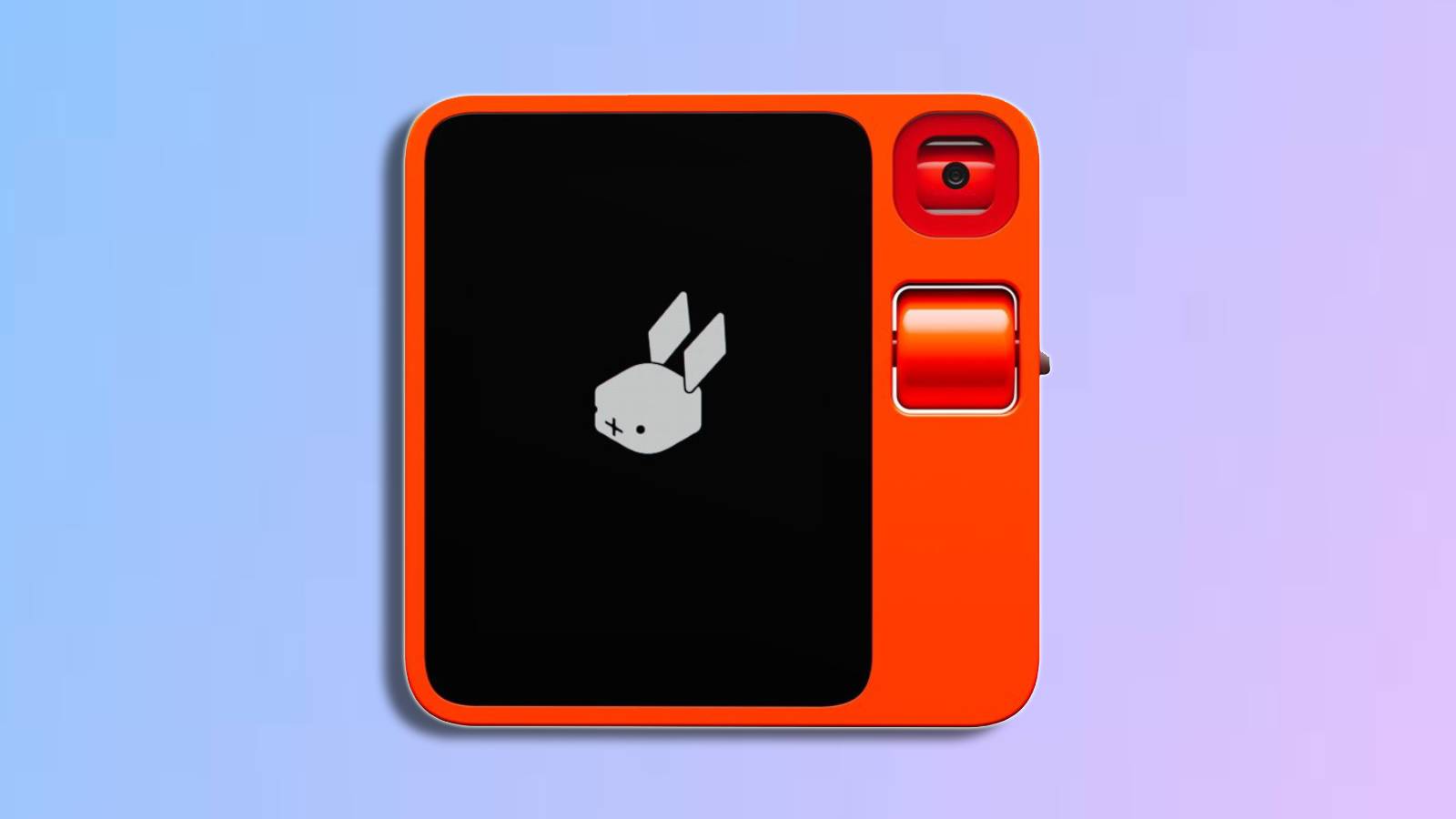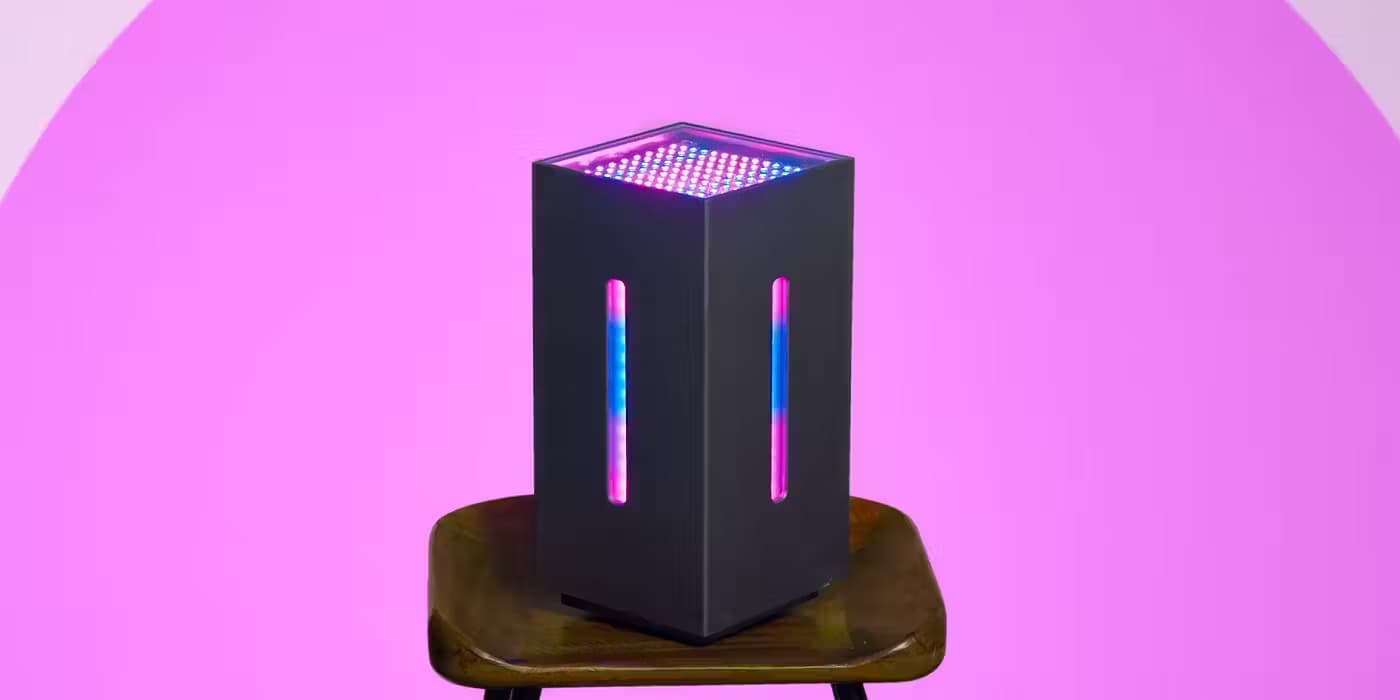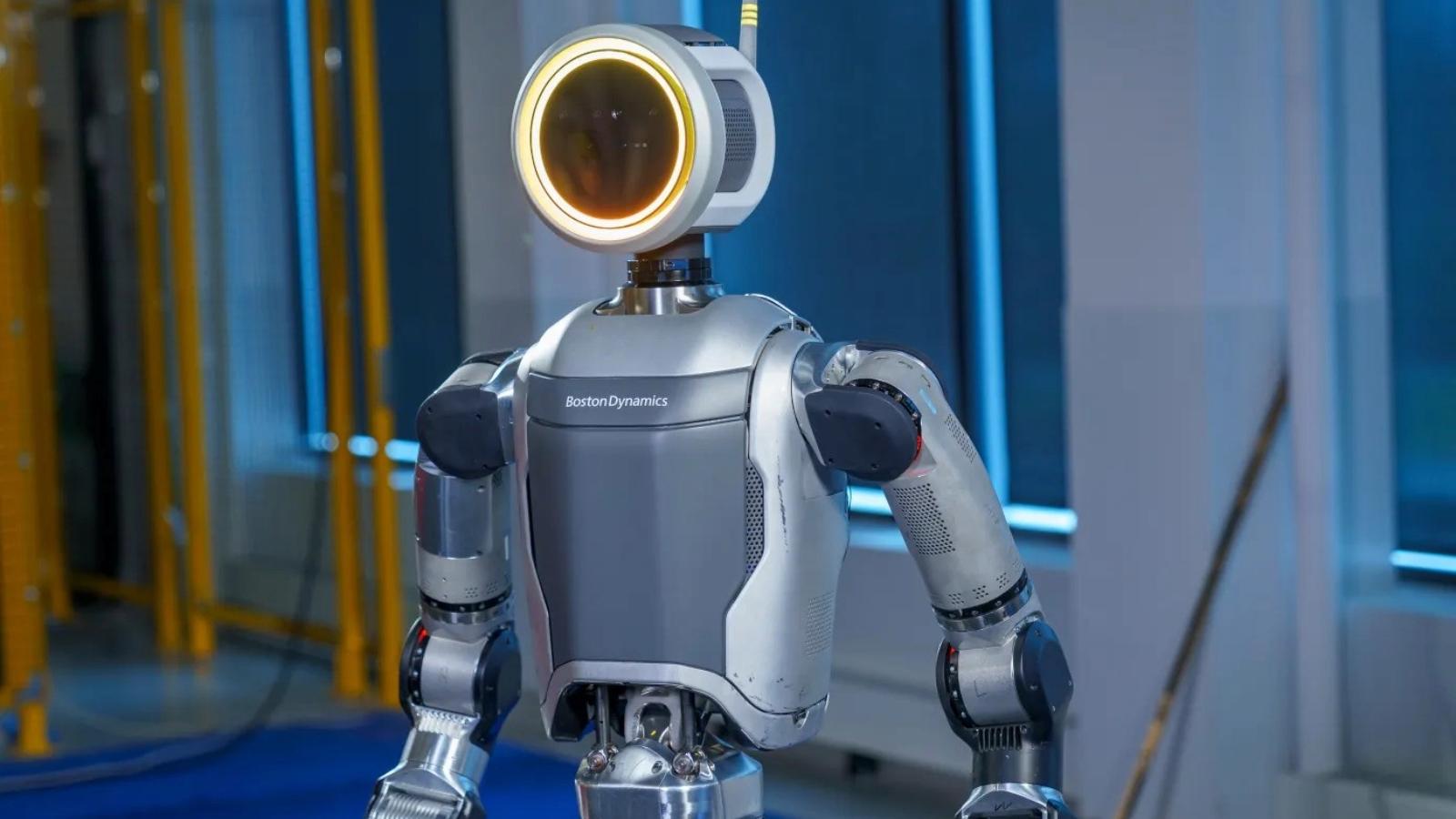ChatGPT is being integrated into cars as a voice assistant
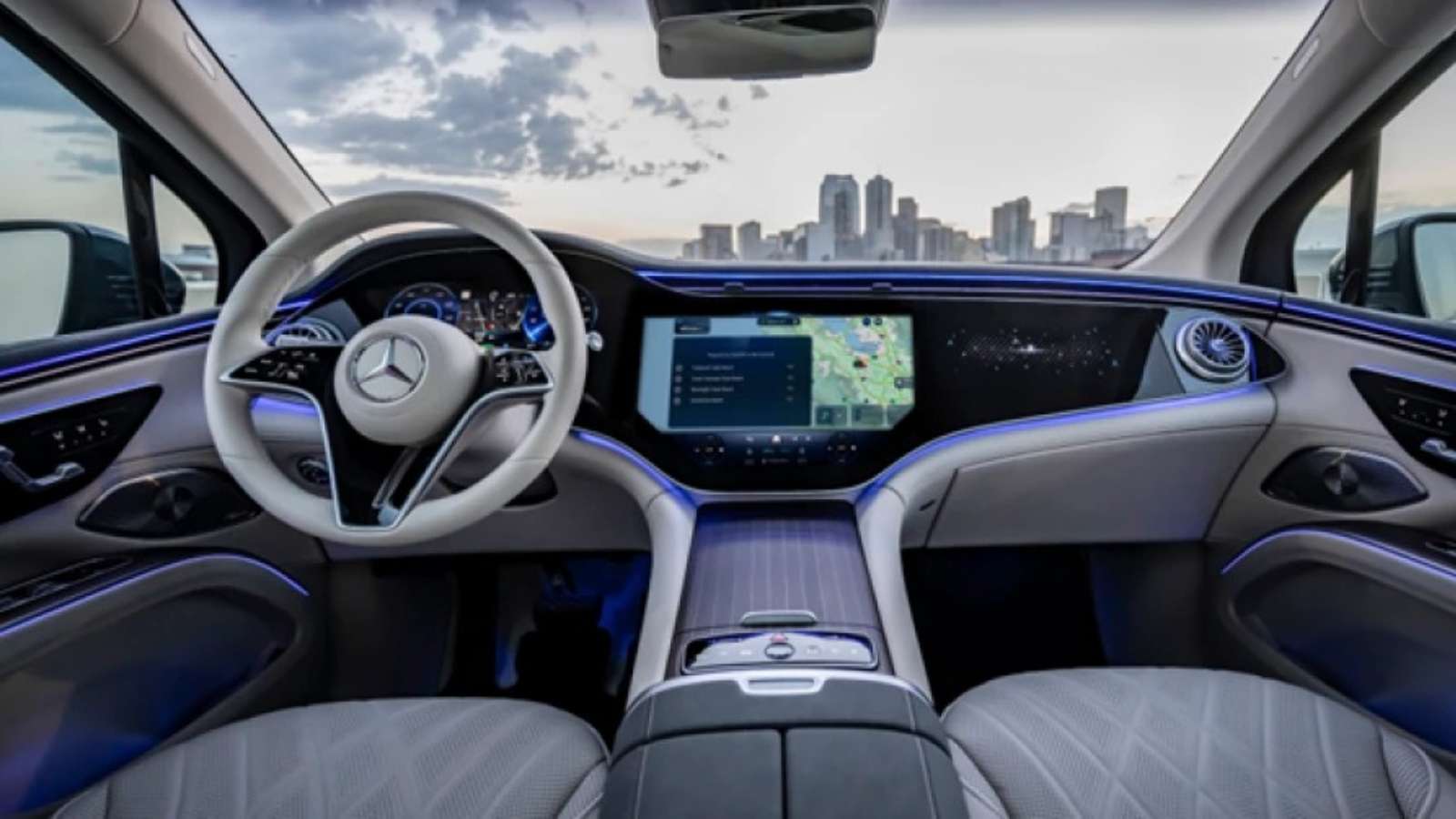 Mercedes-Benz
Mercedes-BenzMicrosoft has announced that its OpenAI Azure service, using similar tools powering ChatGPT, will be integrated into Mercedes-Benz MBUX voice assistants.
Microsoft and OpenAI’s partnership may be hitting rocky waters, but now the giant has announced that its “OpenAI Azure” service will be integrated into one of the most unlikely places you can think of- in a car’s voice assistant. The announcement was posted in full on Microsoft’s website.
Azure OpenAI lets companies tap into tools like GPT 3.5 and GPT 4, the same models which power the incredibly popular ChatGPT. Mercedes-Benz announced that from June 16, users in the US will be able to opt-in for a beta program where they’re able to make use of the AI-powered voice assistant.
Mercedes-Benz claims that this allows for several different features, like enhanced voice commands, contextual follow-up questions, and interaction with ChatGPT’s many plugins. For those worried about the impact of the program, the company claims the following:
“Based on the findings of the beta program and customer feedback, Mercedes-Benz will consider further integration of this technology into future iterations of their MBUX Voice Assistant while maintaining the highest standards of customer privacy on and off the road.”
The beta program will last for three months, according to Microsoft, where it hopes to pave the way for “a more connected, intelligent, and personalized driving experience”.
Plugins could be key
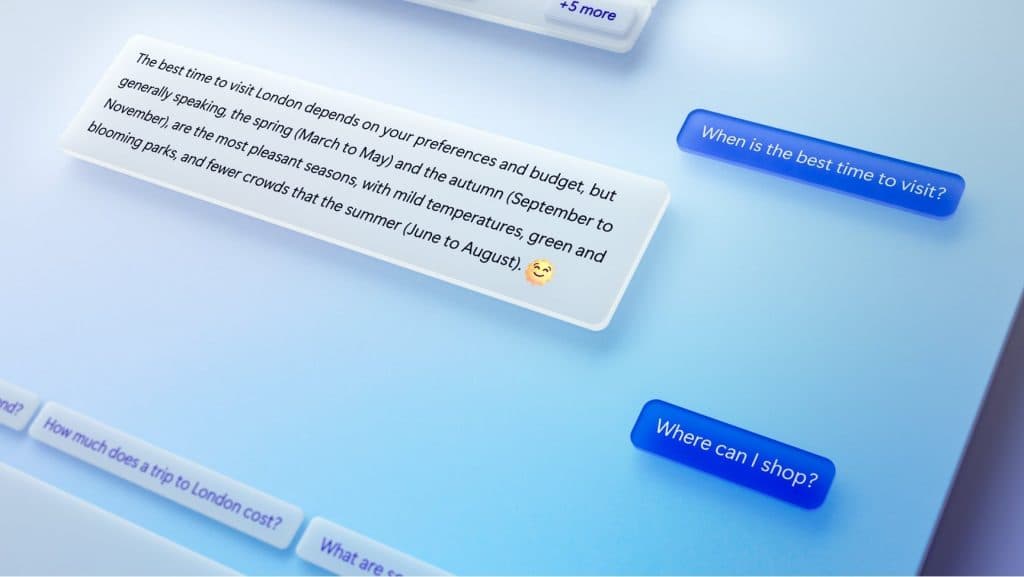 Microsoft
MicrosoftIn order for the tool to gain traction, it’s likely that plugins will be essential for the success of the integration itself. Since ChatGPT’s knowledge base cuts off in 2021, third-party plugins may be necessary in order for the tool to offer live data. This could be integrations that include restaurant reservations, booking movie tickets, or using more natural commands.
We expect that once the beta software has matured, we could be seeing further integrations being formally announced. Microsoft and OpenAI have already worked together to ensure that plugins between their AI platforms are compatible with each other, due to being based on the same frameworks.
This is all a part of the great AI gold rush for tech companies, where Microsoft, Google, Meta, and more are embroiled in a fierce battle for dominance as experts call for regulation of the new disruptive technology.

